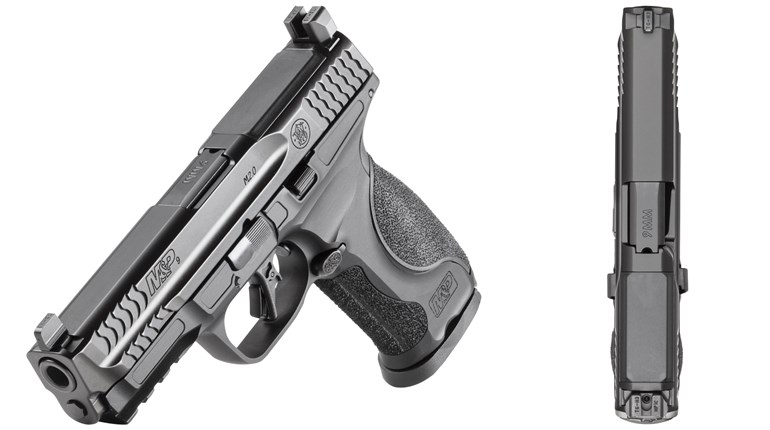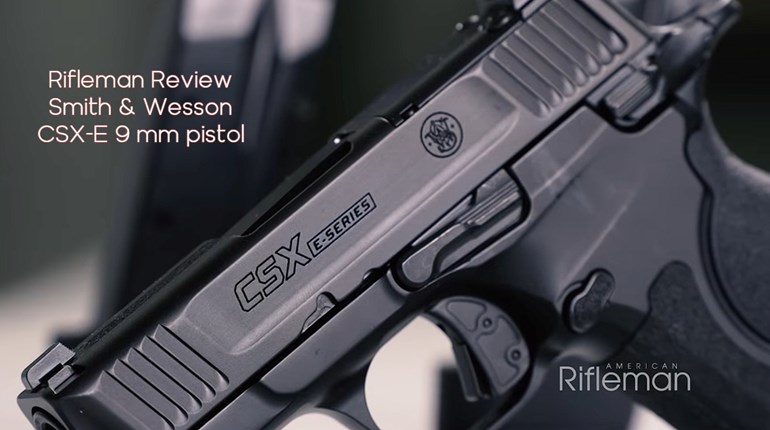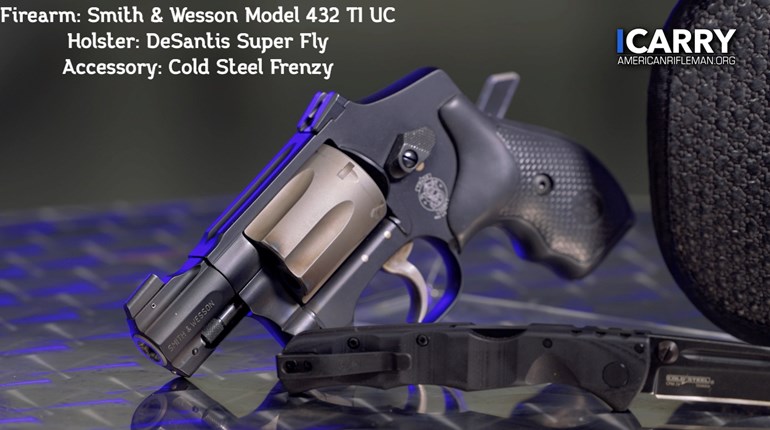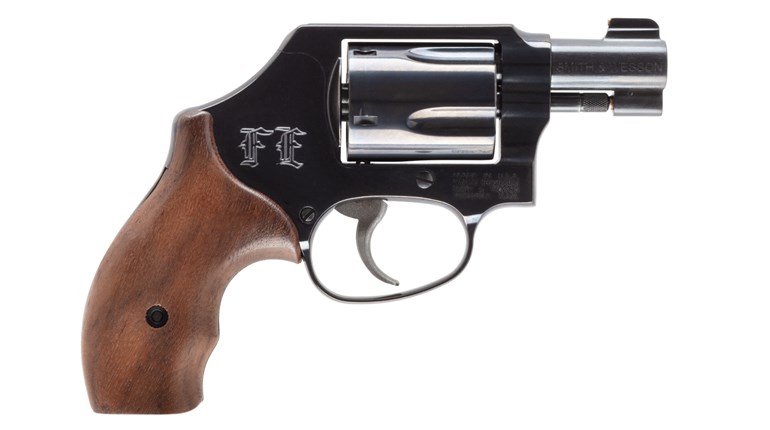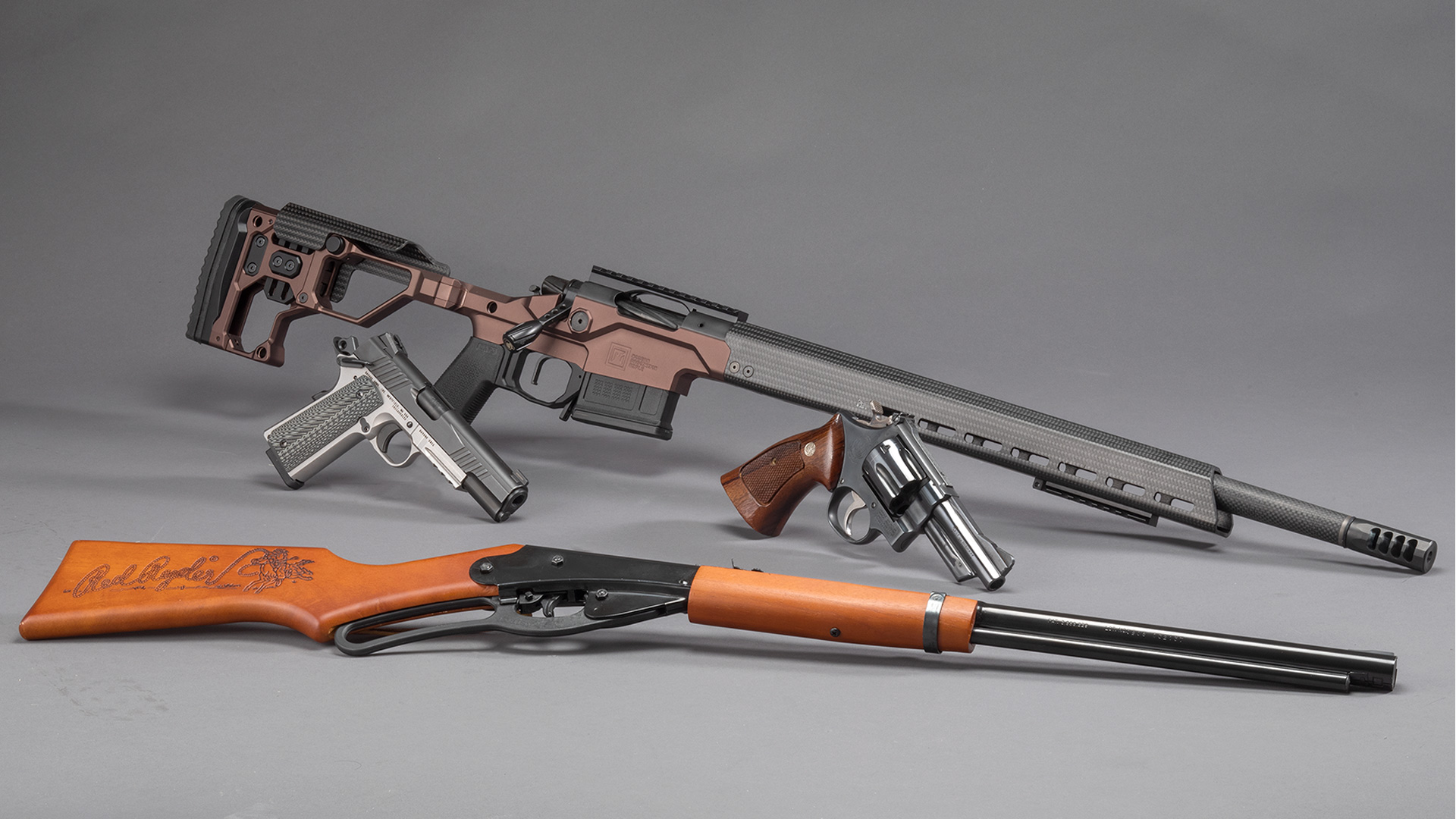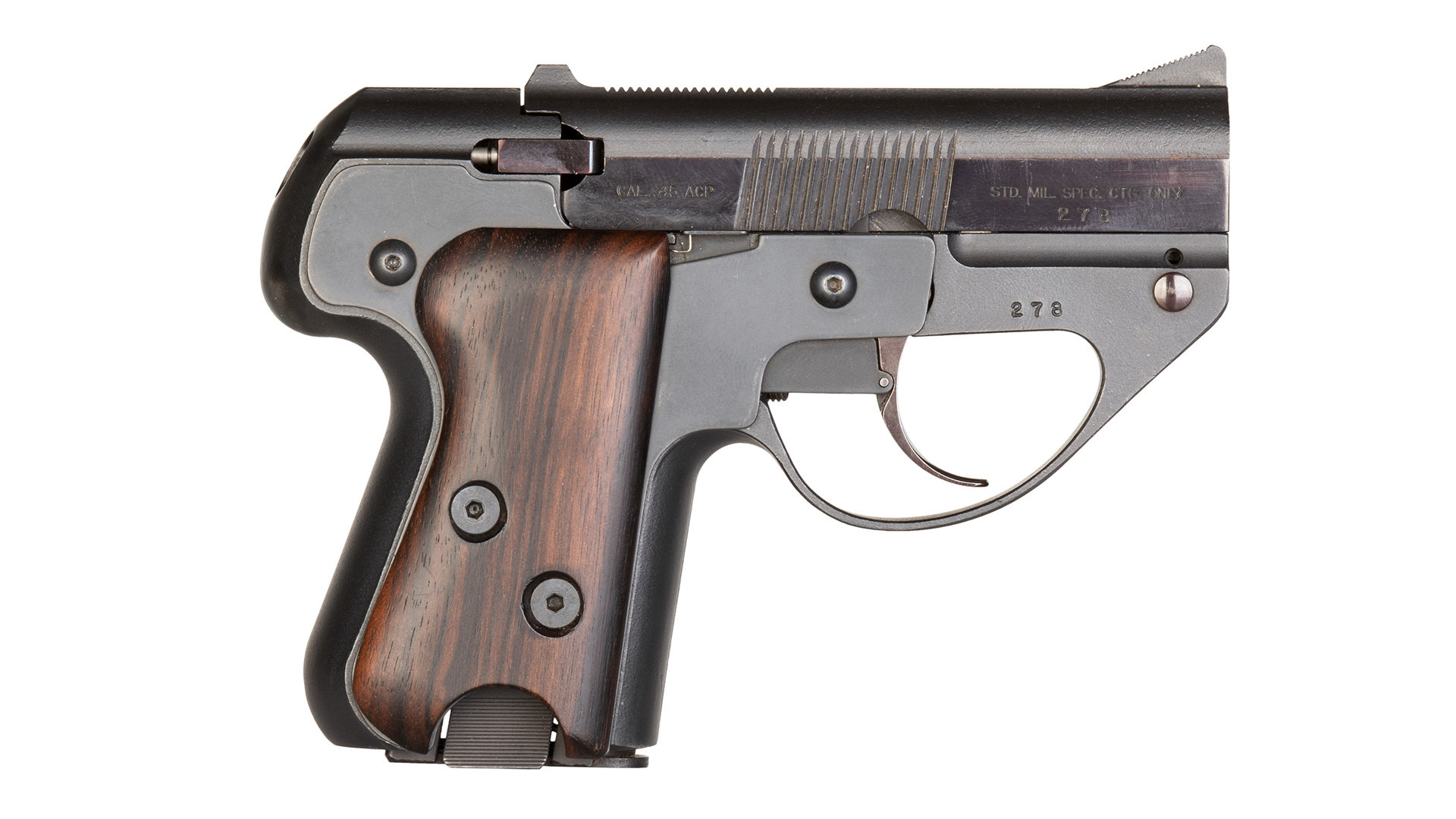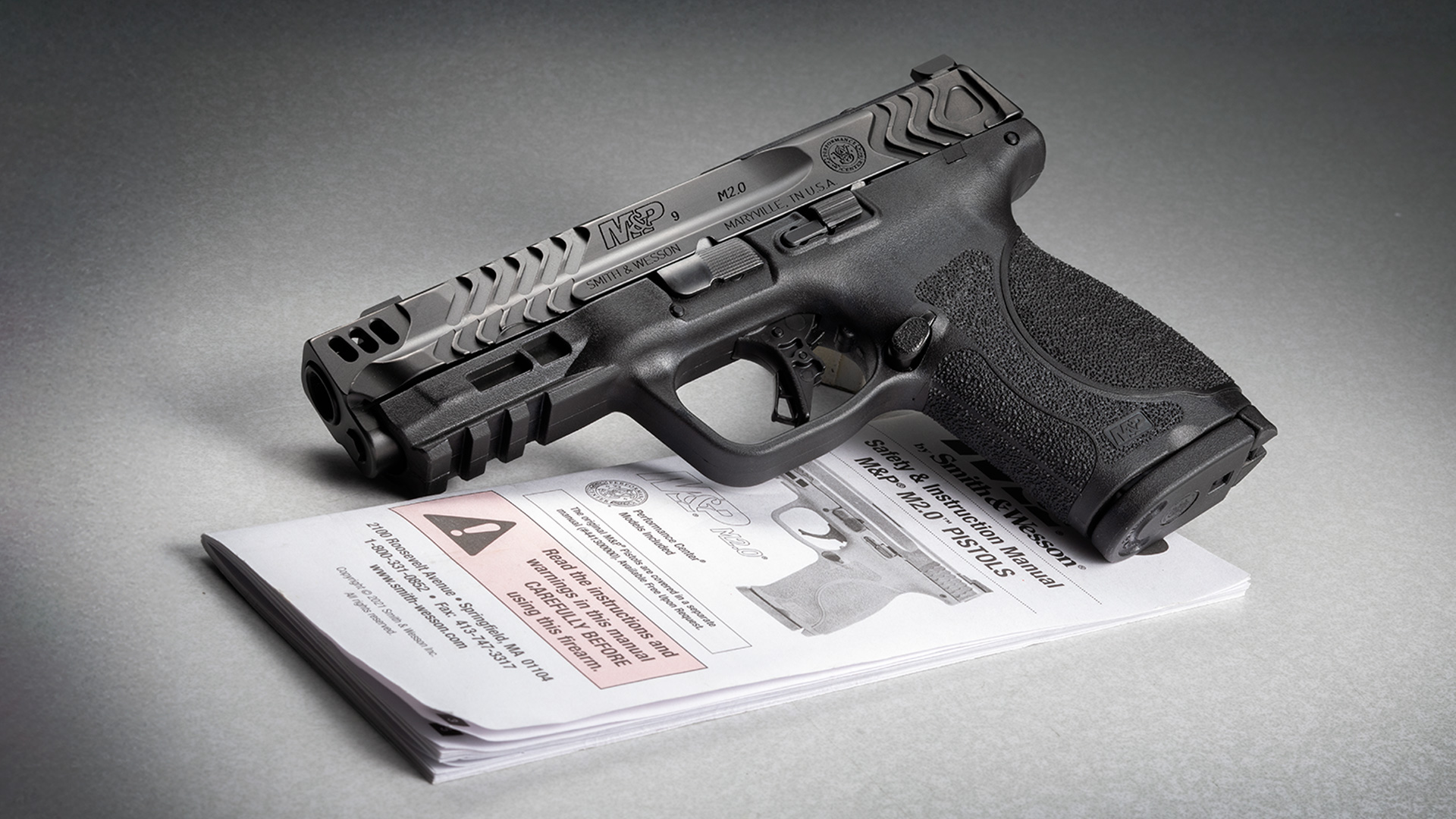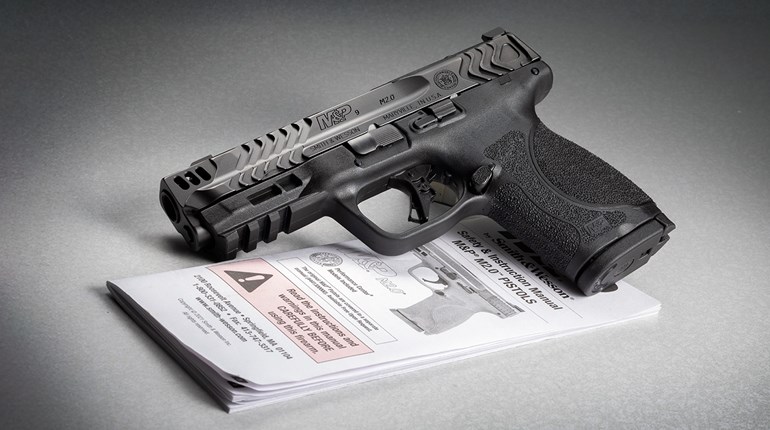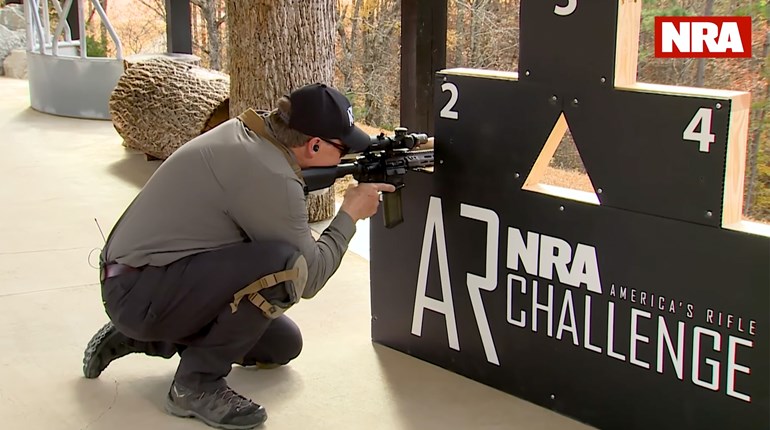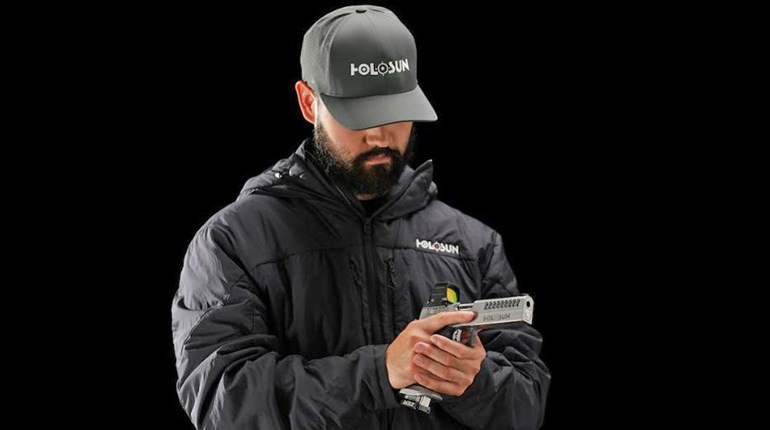
Beneficial features such as a lightweight aluminum frame and a fully enclosed hammer for a snag-free draw make the author’s recently recovered Smith & Wesson Model 42 an ideal option for a backup revolver.
Sept. 25, 1973. It was a long time ago, but I can vividly recall what I did that afternoon—I bought a gun. I was working as a Deputy Sheriff in Orange County, CA, and had recently been transferred from the Jail to the Patrol Division. It was my day off and my wife and I went shopping. At Grant’s big gun store in Anaheim, we found a good assortment of short-barreled .38 Spl. revolvers. I wanted a best quality, American-made hideout, and that narrowed things down to either a Colt or a Smith & Wesson. Ruger had recently announced its first DA/SA revolver, but it wasn’t the hideout snubby I was after. And there were plenty of reasons for a Southern California patrol officer to want a hideout during that period. This was the time of the Manson family murders, the SLA shootout and the Newhall CHP killings. More people than ever before turned to violence against society in general and the police in particular. Also, September of ’73 was the month that Joe Wambaugh published a scary non-fiction book titled “The Onion Field.” That had a profound effect on the police service and we all got more serious about our guns
My primary holster gun was a Smith & Wesson Model 19 with custom grips and I was very happy with that one. But when you looked at the frightening—and growing—array of police shootings where the officer was shot with his own gun, you could make a good case for a concealed spare. Thus did I find myself and my wife standing before a long glass case looking at the complete selection of save-your-butt snubbies. I had already narrowed the search to a short .38 Spl. I’ll confess to a prejudice for the Smith & Wesson brand because of my satisfaction with the 4-inch Model 19. I also had two other Smiths: a 2.5-inch, round-butt Model 19 and a 2-inch Model 60 with a bobbed hammer. However, Colt was well-represented with steel Detective Specials and alloy Cobras. The Colt I lingered with the longest was an Agent, which was essentially a short-butt Cobra. This specimen had the old hammer shroud already installed. The Colts, of course, all had that all-important sixth round on tap.
At that point in history, Smith & Wesson had just introduced the first stainless steel gun in the Model 60, which could have fulfilled the role. I had one, which I had been carrying off duty. It was a good choice for that job, but I felt another heavy steel gun on my uniform might get a little onerous and that can sometimes cause you to rationalize away the need. So, I looked at the options in Smith & Wesson five-shot snubbies with aluminum-alloy frames. There were three choices: Model 37 Chief’s Special, Model 38 Bodyguard and Model 42 Centennial. Since I planned to carry this little wheelgun in a trouser pocket, the best choice would have to be the one that had the least possibility of snagging on the draw. The Model 42, with a completely enclosed hammer and DAO lockwork, was an easy first choice. Dating back to the frontier era, that hammerless system was called back to duty in the 1950s, only to be discontinued in the purge of 1966, when several dated guns were dropped from the catalog.
On that long-ago day, I bought a new (old stock) Model 42 with blue finish and original high-horn grips and installed a Pachmayr grip adapter. I put the gun in my left front pocket of my forest green uniform trousers and went to work. For years thereafter it was always there and in the same place. I came to view the little revolver as a piece of safety equipment. You would be surprised at how much wear the gun showed despite frequent cleanings. It would be really dramatic if I could tell you about all the times the little Model 42 got me out of trouble. I can’t—because it didn’t.
Sure, there were a few times when things were getting a little dicey, but only once can I recall drawing the gun. My partner and I had need to go through a particular door under circumstances where our entry might be disputed. I had a gun in each hand. A workman comes to respect a tool that consistently performs, so it is not surprising that a gun guy (or gal) starts to bond with what is rationally just another tool. I am therefore surprised that I sold my 42.
Deeper into my time with the Sheriff and away from a black-and-white, I no longer needed a backup. I sold the gun to a friend and regretted it within weeks. The little gun had been a sort of metallic insurance policy, and I missed it. But I finished up as a peace officer and retired to try my hand at writing about guns. That has been rewarding, and I am pleased that the Smith & Wesson Centennial has re-incarnated itself again. Returned to production, the gun is back and better than ever. Smith & Wesson focused on making them lighter, as well as more powerful. My CCW gun is a Model 340PD—light enough to carry easily and strong enough to take the rigors of .357 Mag. ammo. Happily, there are a number of variations at several price points. The company even made some chambered in .22 LR and .22 WMR.
Ironies abound in this tale. When I sold the gun, it was a sale to another officer. After that, I have no knowledge of where the gun went, but it is probable that there were other changes of ownership. Just last year, I got a letter from a property sergeant for a police department in Pennsylvania. Somehow, it had ended up in its possession. The gun was not used in a crime and a federal trace showed the original sale to me. The department was preparing to destroy it...unless I wanted it back.
Top shelf, second from the left—with the other fightin’ iron.
The above column marks the 200th Fightin’ Iron to appear in this magazine. I deeply appreciate your interest and loyalty for these 16-plus years. So does my wife, Nancy, the lovely lady who proofread number 200 just as she did number one and all those in between. She is also the same effervescent partner who went with me to buy the subject gun 47 years ago. I’ll keep writing as long as you keep reading, and we thank you.
—WC












